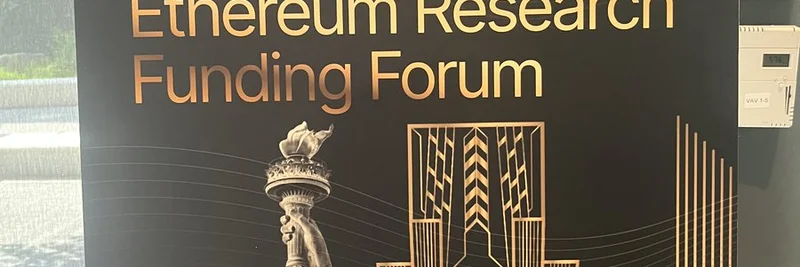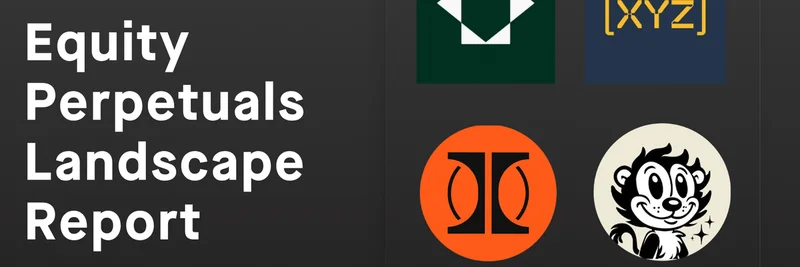The Ethereum ecosystem is buzzing with innovation, and events like the recent Research Funding Forum in New York City are at the heart of it. Held on August 13, 2025, at Cornell Tech on Roosevelt Island, this gathering brought together leading minds to tackle open research problems in Ethereum, explore who's working on them, and discuss ways to co-fund these crucial initiatives. If you're into blockchain, whether for meme tokens or broader applications, understanding these developments can give you a real edge.
The forum was part of the larger Ethereum NYC event, co-organized by groups like the Initiative for Cryptocurrencies and Contracts (IC3), the Decentralization Research Center (DRC), Ethereum Ecosystem Fund, Etherealize, Blockchain Builders Fund, and the Ethereum Foundation's Academic Secretariat. Shoutout to sponsors including Google Cloud, Cyber.Fund, BitMart, Vishwa, and Pier Two for making it happen, and Cornell Tech for hosting.
Theo from the Ethereum Foundation kicked things off on X (formerly Twitter), inviting everyone to join virtually via a live YouTube stream. You can still catch the recording here if you missed it. For interactive Q&A, they used Slido at this link.
Vitalik Buterin's Keynote: Ethereum's Core Dependencies
The event started strong with a welcome from Shyam Sridhar, followed by Vitalik Buterin's talk on "Ethereum Past, Present, and Future: Core Research Dependencies." Vitalik dove into key areas like consensus theory (how nodes agree on the blockchain state), economics and game theory (incentives that keep the network secure), cryptography (securing transactions and data), and virtual machine design (the engine running smart contracts). These are foundational to Ethereum's evolution, impacting everything from transaction speeds to security—stuff that's super relevant if you're building or trading meme tokens on the platform.
Featured Speakers and Topics
The lineup was stacked with experts from industry and academia. Speakers included Sreeram Kannan, Hayden Kalodner, Mahimna, Fan Zhang, Brad Bachu, a rep from Finance UTM, Mallesh Pai, Pranav Garimidi, Andrew Lewis-Pye, Jason Anastasopoulos, Kaare Steensgaard, Mooly Sagiv, Chelsea Spelliscy, and Mitch Em. Topics ranged from scalability solutions to decentralized governance, all aimed at pushing Ethereum forward.
For those new to the space, scalability refers to making the network handle more transactions without hiking fees or slowing down—think of it as upgrading from a single-lane road to a multi-lane highway, which could make launching and trading meme tokens smoother and cheaper.
Why This Matters for the Blockchain Community
Forums like this aren't just academic chit-chat; they're about real-world funding for research that solves Ethereum's biggest challenges. With co-funding models discussed, it opens doors for collaborative investments from foundations, VCs, and even community-driven efforts. In the meme token world, where virality meets tech, advancements in areas like layer-2 solutions (faster, cheaper layers on top of Ethereum) could supercharge new projects.
Theo shared live updates on X, including photos from the venue, highlighting the collaborative vibe. One post quoted another attendee's summary, emphasizing the agenda and slides available on HackMD.
Looking Ahead: Future Forums and Opportunities
Attendees like Morshed Mannan reminisced about Roosevelt Island, adding a personal touch, while Theo hinted at potential future events, maybe even in the UK. If you're a blockchain practitioner or meme token enthusiast, keeping an eye on these forums can help you stay ahead of tech trends that influence market dynamics.
For more details, check out the original thread on X here. Events like this underscore Ethereum's commitment to open research, fostering a robust ecosystem where innovation thrives.
Stay tuned to Meme Insider for more updates on how blockchain research intersects with the wild world of meme tokens!




